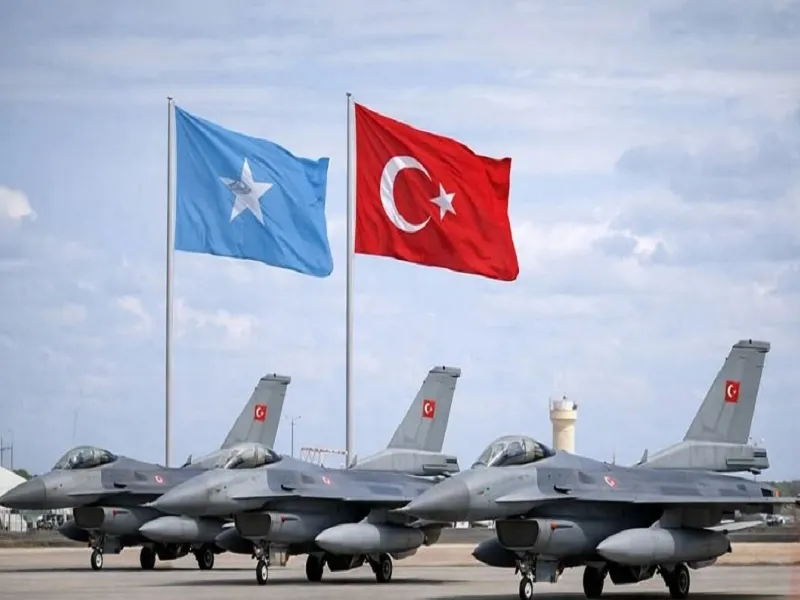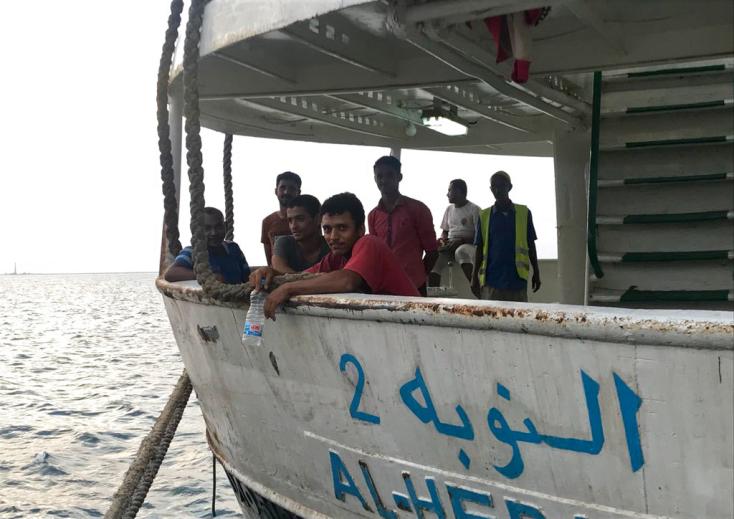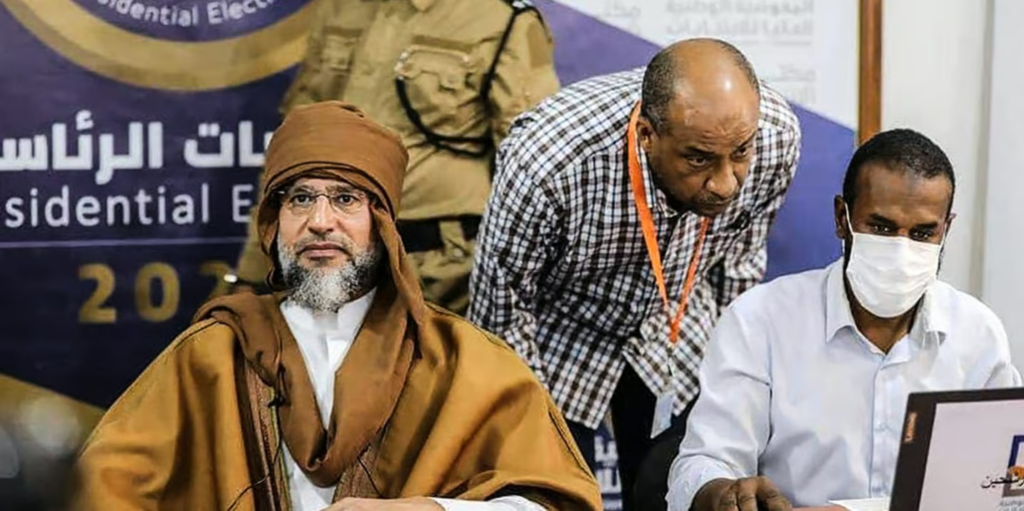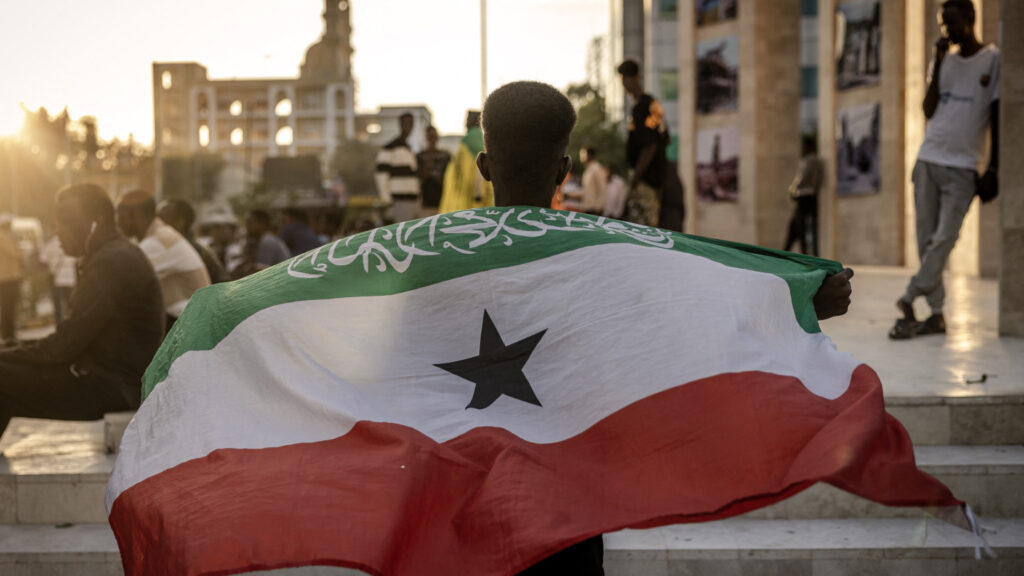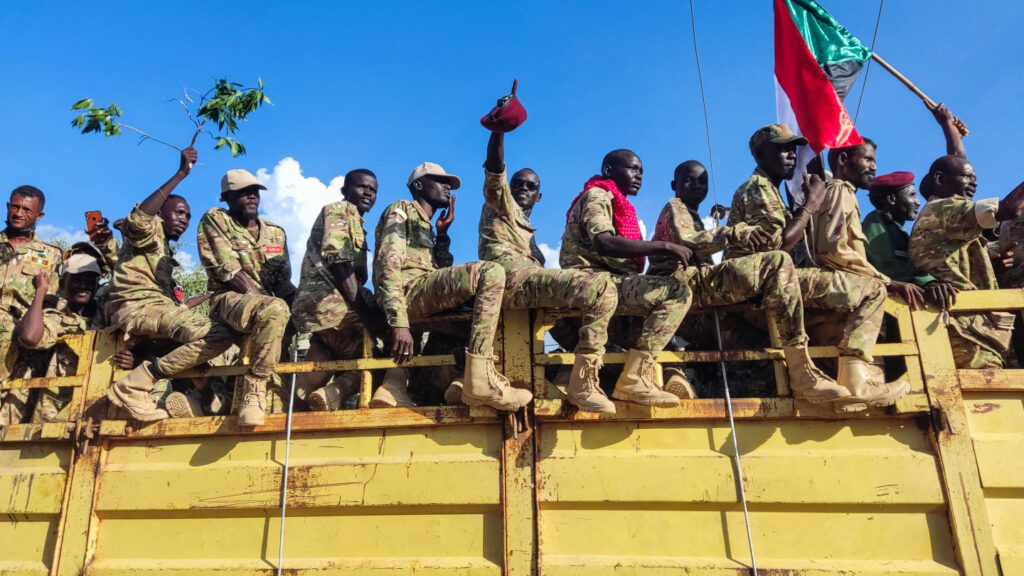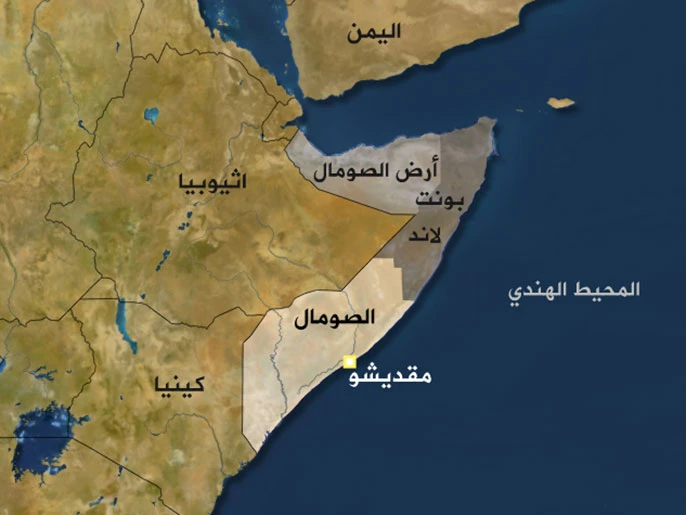The growing Saudi-UAE power struggle in the Horn of Africa
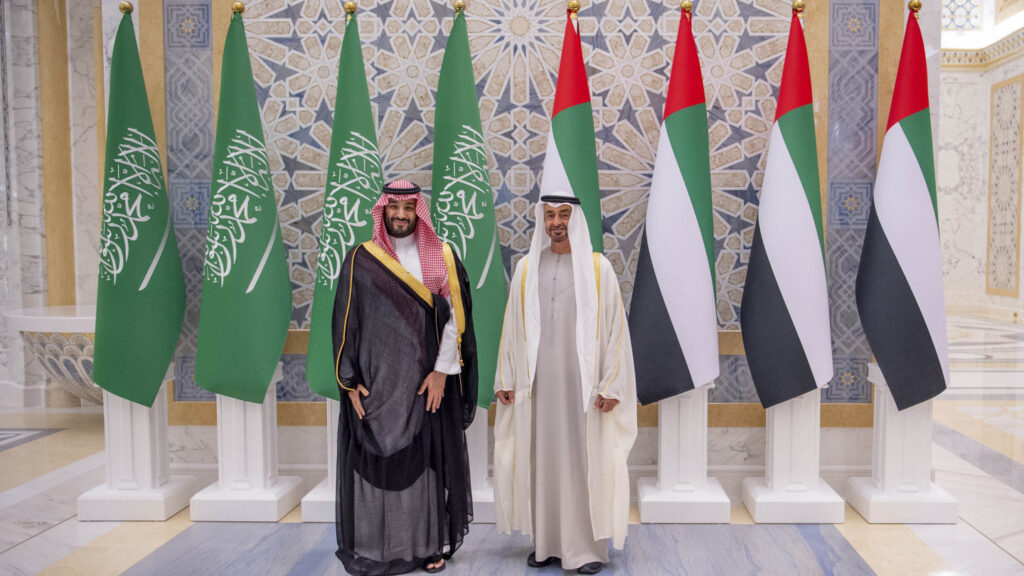
The rift between Saudi Arabia and the United Arab Emirates (UAE) has erupted beyond subtle divergences into a more overt and consequential rivalry.
While it started with an emerging proxy war over southern Yemen, it has now shifted to the Horn of Africa. But while efforts to smooth their differences have recently pointed to a quiet compromise, their underlying competition may take longer to dissipate.

